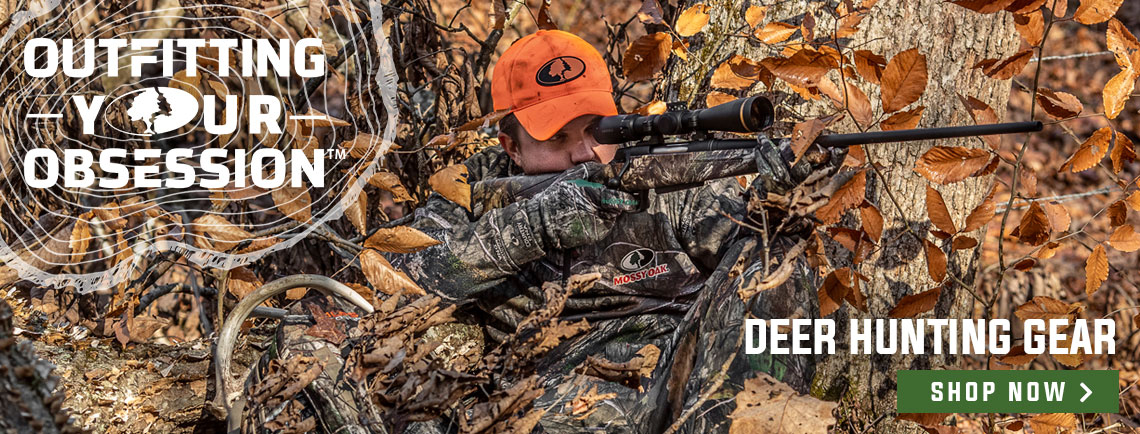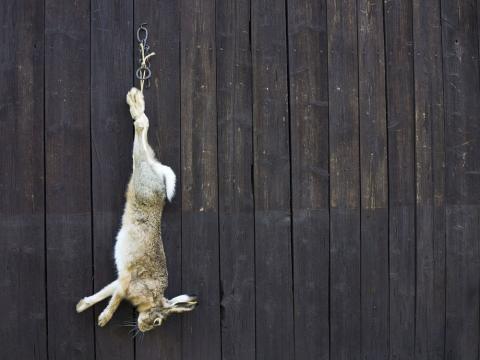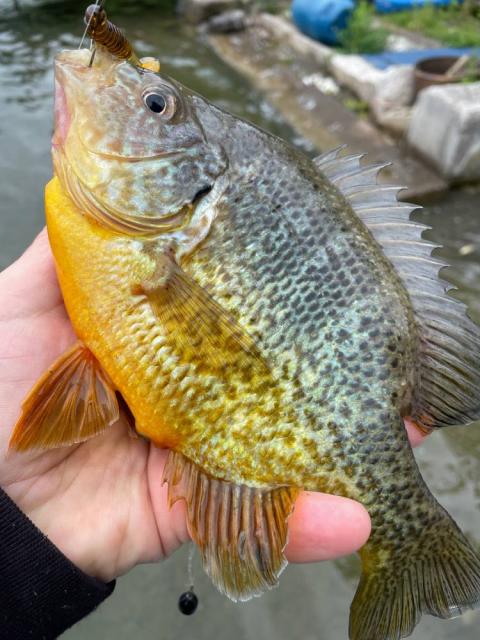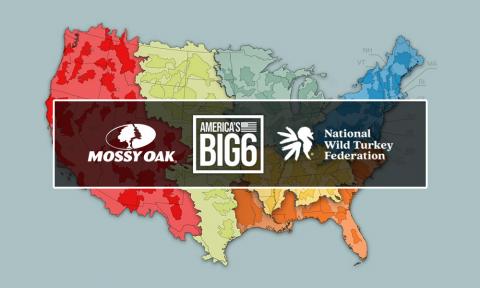William W. (Bill) Gabbard
The hunt is over, and it is time to sit back and relax. Remember the camaraderie of the hunt, reflect on the success or brood over the failures. You walked in and sat your gear down and thought, I will put that stuff away tomorrow. Sometimes, as the old saying goes, “tomorrow never comes.” There is no way to know how much good equipment has been ruined this way.
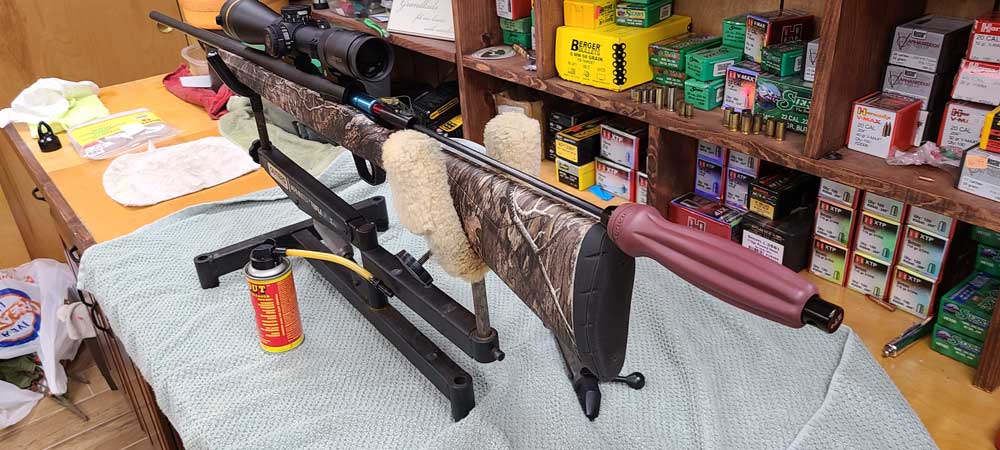
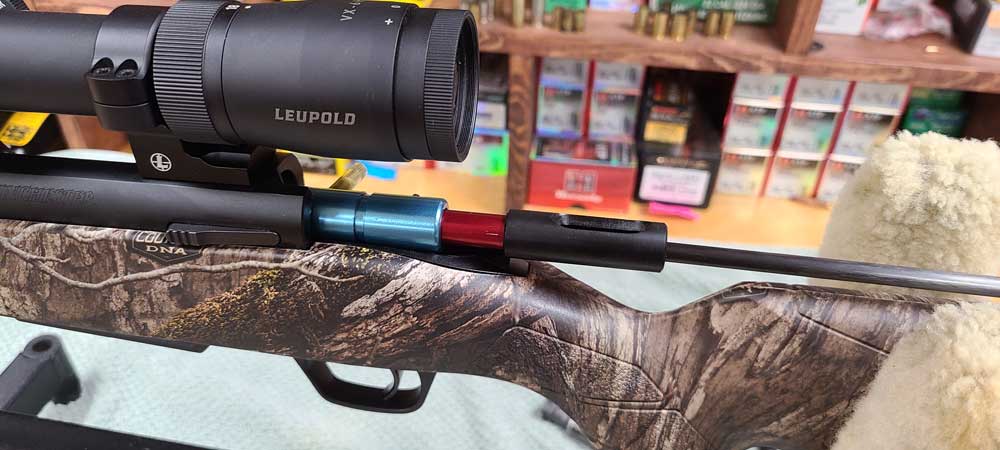
Let’s start with the big one. CLEAN YOUR RIFLE. Whether you spent a day in a nice dry blind, or three weeks walking the frost, rain, snow and sun, your rifle needs cleaning. Unload the rifle to take the tension off the magazine spring. Thoroughly clean the bore as well as the exterior and coat it with a light coat of oil. Take your time with this step. Use a bore guide, and quality cleaning products. Remove any ammo carriers or slings and store them separately. Elastic ammo carriers left loaded on the stock are not good for the stock finish and will lose their elasticity. Remove the ammo from the holder, wipe it down, and store it in a cool dry place. Your rifle is a valuable piece of equipment. With proper care, it will outlast you and your grandchildren. If neglected, you will be spending money at the gunsmiths or buying a replacement.
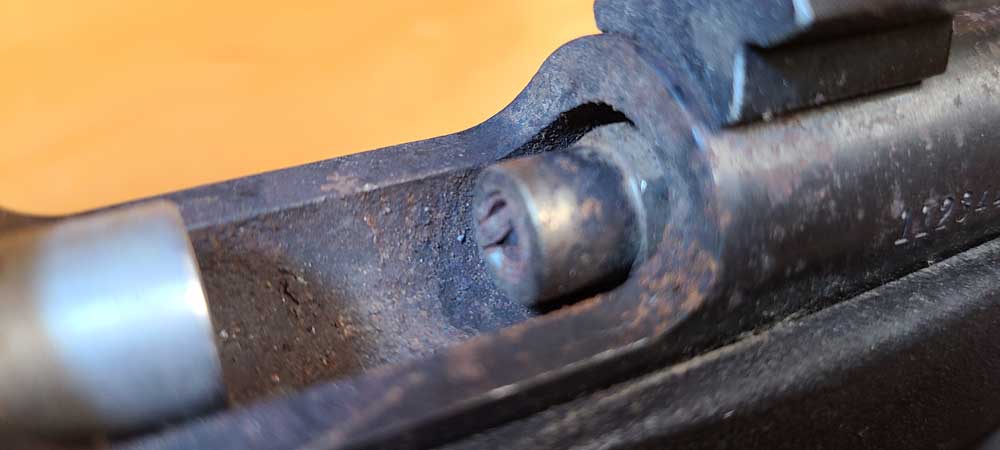
If you hunt with a muzzleloader, this is even more critical. A gunsmith friend of mine spends several days each year cleaning up muzzleloaders that have been left loaded from the earlier season. One fall I was visiting him, and he showed me an expensive muzzleloader that he was trying to return to service. He said this fellow brings it to me every year in the same condition. He had removed the breech plug and with a light, it was amazing to see the damage done to the bore. The accuracy of this rifle had already been compromised and was well on its way to needing replacing. I knew the owner and knew that he had already had to replace two muzzleloaders for the same reason. A former hunting partner had a stainless Knight Disc Rifle like the one I use. It was left loaded for a full year. Don’t kid yourself; stainless will rust. The same goes for your center-fire rifles, stainless or not, clean it.
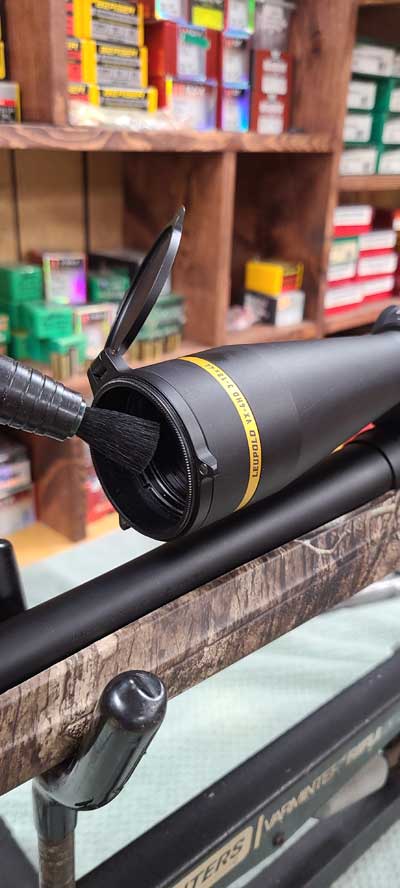
Wipe your scope down and clean it following the manufacturer’s instructions. Different manufacturers have different coatings on their lenses and have different cleaning recommendations. Using a small brush, apply a drop or two of oil to the screws in the mounts to prevent them from rusting. While you are at it, clean your binoculars as well. Good optics aren’t cheap, so take care of them.
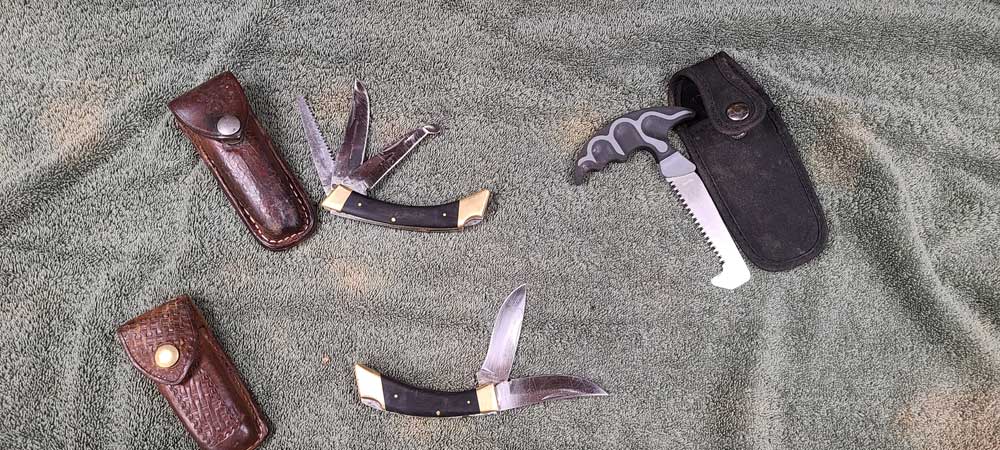
Knives are easy to forget about after the hunt. If you were fortunate enough to harvest a deer, your knife has had plenty of blood on it. A folding hunter like the one most of us use will have blood and flesh down in the joints. I use compressed air, gun cleaning spray, and hot soapy water to clean mine then give it a generous coat of oil. A toothbrush makes a great piece of equipment to help clean the tight spots. I have a pair of old Browning lock back hunters that I use. One has a saw blade, and one doesn’t. The older of these has been hunting with me since 1979. I have no idea how many deer this old knife has cleaned and skinned over the years. Ten or twelve years ago, a friend of mine gave me a small Gerber saw that has been used ever since, and it gets the same treatment.
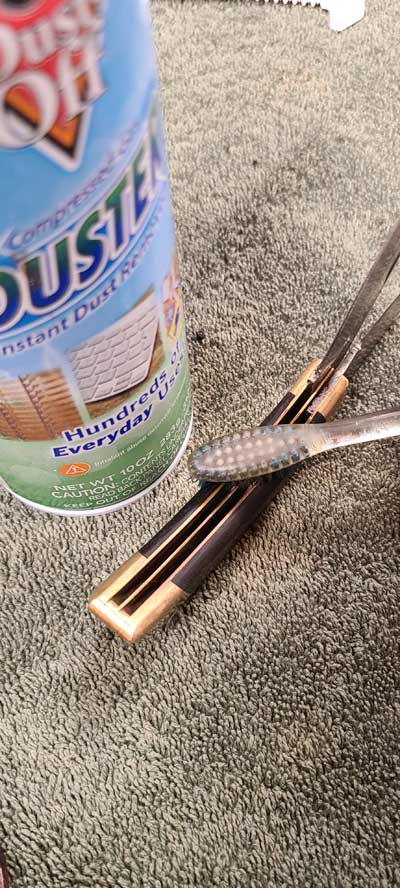
A lot of hunters are carrying electronics such as Rangefinders, GPS units as well as two-way radios in the field that we didn’t have 40 years ago. These are fairly maintenance-free, but a good wipe down is always in order and removing the batteries is a good idea. A leaking battery can ruin either of these pieces of equipment.
Clothes are simple to take care of them. Follow the manufacturer’s recommendations wash them in quality scent-free detergent and store them in an airtight container. Quality clothes will last for several seasons if properly cared for. It is easy to kick your hunting boots off at the door and forget them. Proper cleaning and care can drastically prolong the life of your boots.
Store it all where you can find it. I prefer quality storage containers and label them well. It is no fun searching the house over the night before the season trying to find your clothes or binoculars. A little work at the end of the season can save a ton of work before the start of the next one.

